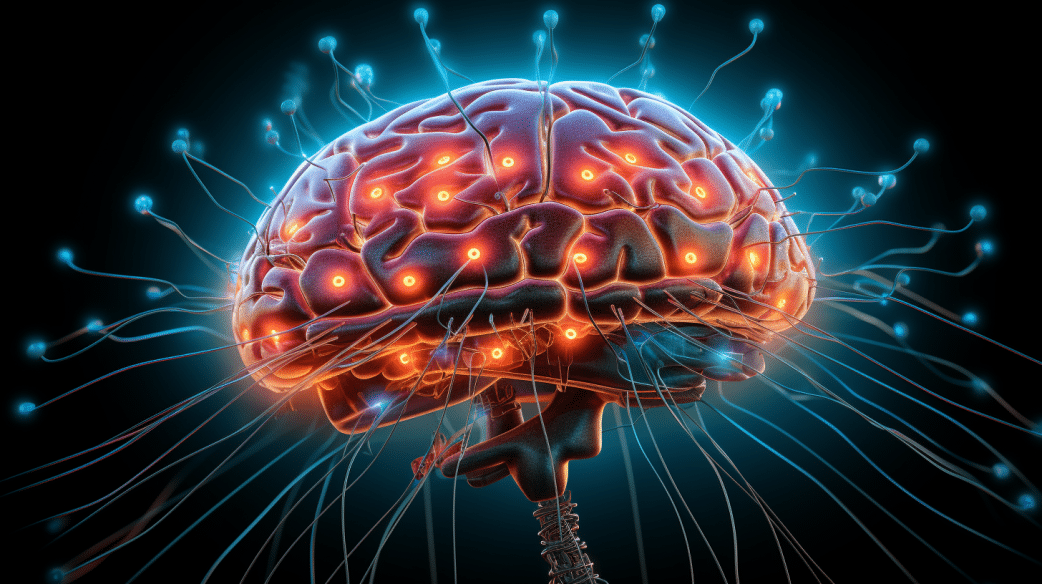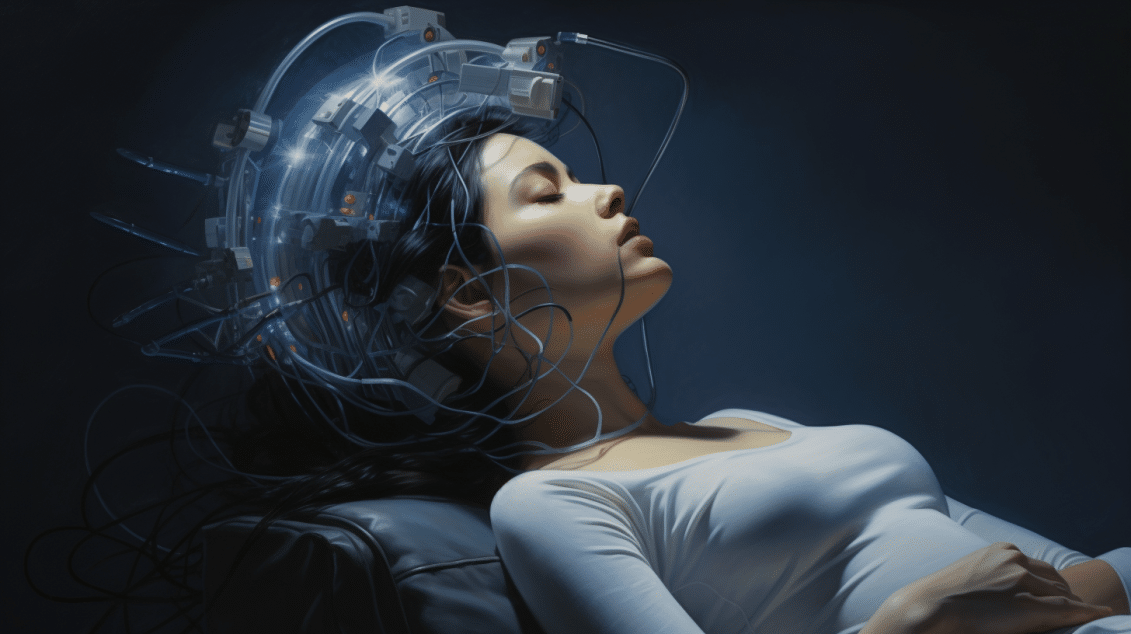Deep Brain Stimulation Side Effects in Parkinsons Disease: Do Benefits Outweigh Risks?
Deep brain stimulation (DBS) is an effective but not perfect therapy. A large new study found that over 4-7 years, a majority of patients experienced adverse events, though most were not severe. Key facts: 86% of 123 DBS patients experienced adverse events over an average 4.7 year follow-up. There was no mortality directly from DBS …









